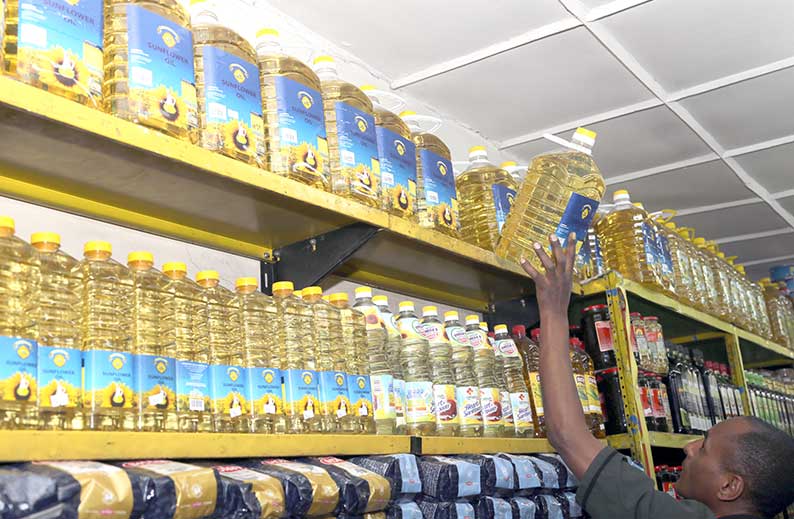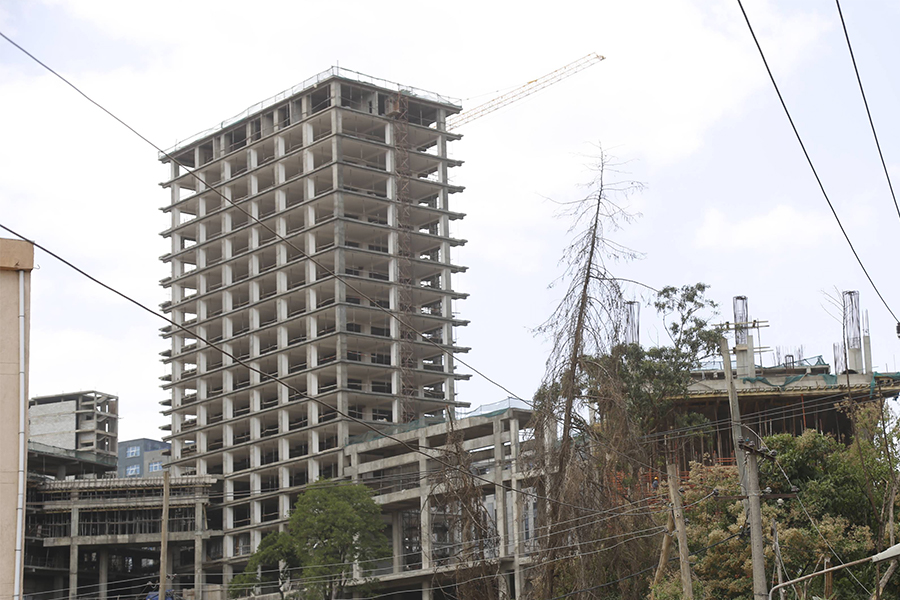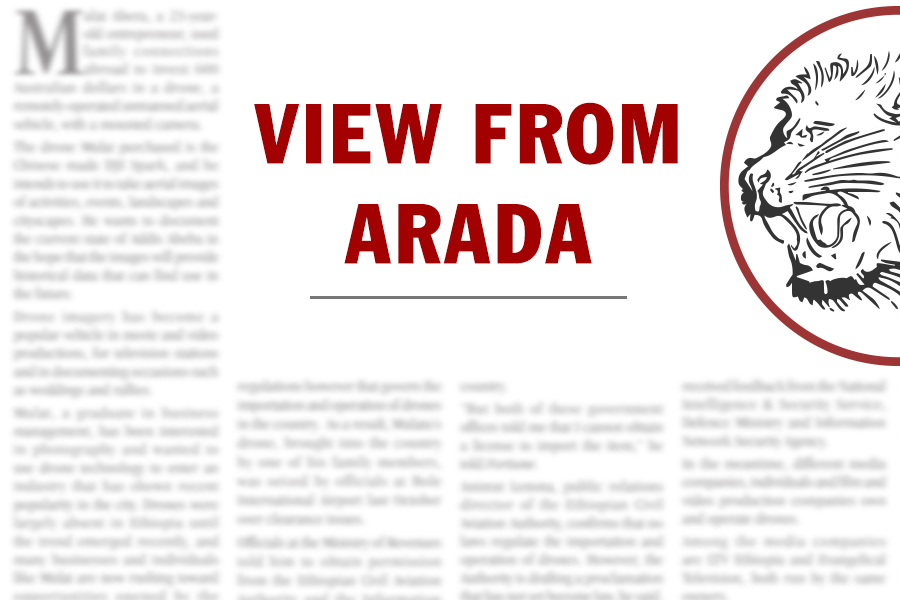
Fortune News | Apr 30,2022
Nov 23 , 2019
By SEBLE WONDEMAGEGN ( FORTUNE STAFF WRITER )
 The government is working to fill the market with palm oil but is also importing sunflower oil this time around.
The government is working to fill the market with palm oil but is also importing sunflower oil this time around. The government has identified 23 private and state-owned companies to import refined palm oil. Each company is expected to import two million litres of the oil each month, which are then supplied to the local market under government-mandated tariffs.
The identification process of the oil importers has been taking place since September, and the companies were selected based on their performance and experience in the market and their capacity to transport the oil from dry ports.
The importers passed the technical evaluation stage established by the Ethiopian Conformity Assessment Enterprise and can buy the cooking oil from any country that fulfills the expected standard and requirement.
‘‘Bidders from different regions participated in the tender, ensuring diversification and representation of the regional states,” said Eshete Asfawu, state minister for Trade & Industry.
Nineteen of the importers are privately owned and have minimum capital of 100 million Br as a requirement to fulfill the criteria to supply cooking oil.
The government increased the number of oil importers in the country, because the supply does not meet the demand, especially in the regional states, according to Eshete.
Four years ago, five private, one governmental, and four endowments were authorized to import palm oil by the Ministry mainly from Indonesia, India, China, Dubai and the Netherlands. The companies imported 40 million litres of palm oil every month, which was then distributed to unions across the country for sale to consumers under government mandated tariffs.
The government in return supports the companies by giving them duty-free privileges and foreign currency exchange. Last September, their contracts expired, and the Ministry began the process of identifying exclusive importers.
In the meantime, the Ethiopian Industrial Inputs Development Enterprise and Alle Bejimla were temporarily authorized to import and distribute palm oil.
The Enterprise is currently importing 30 million litres of palm oil and, in an effort to diversify cooking oil imports, three million litres of sunflower oil for 713 million Br. The Indonesian company Pacific Interlink is the international supplier.
The government has currently allocated 2.2 billion Br to cover three months of oil demand for a country that has around 1,000 local companies registered to process cooking oil other than palm oil and sell it at market prices.
The subsidy for cooking oil and its distribution through unions was initiated almost a decade ago after a shortage occurred. All private companies were banned from importing palm oil after being accused of hoarding in an attempt to inflate the price, a decision that was partially reversed four years later by the Ministry in allowing a few selected importers to supply the item.
While Ethiopia has an annual production capacity of more than 784,809tn of oilseeds, the average per capita consumption of cooking oil is 8.9lt of oil a year.
For Atlaw Alemu, economist and lecturer at Addis Abeba University, there is no other way of meeting demand but to import it in the short term, given that it is a basic necessity.
‘‘The government’s focus should be to improve the nation’s production capacity of cooking oil,” he said.
PUBLISHED ON
Nov 23,2019 [ VOL
20 , NO
1021]

Fortune News | Apr 30,2022

Fortune News | May 23,2021

Viewpoints | Jul 23,2022

Fortune News | Jun 14,2020

View From Arada | Feb 29,2020

Jul 13 , 2024 . By AKSAH ITALO
Investors who rely on tractors, trucks, and field vehicles for commuting, transportin...

Jul 13 , 2024 . By MUNIR SHEMSU
The cracks in Ethiopia's higher education system were laid bare during a synthesis re...

Jul 13 , 2024 . By AKSAH ITALO
Construction authorities have unveiled a price adjustment implementation manual for s...

Jul 13 , 2024
The banking industry is experiencing a transformative period under the oversight of N...

Jul 20 , 2024
In a volatile economic environment, sudden policy reversals leave businesses reeling...

Jul 13 , 2024
Policymakers are walking a tightrope, struggling to generate growth and create millio...

Jul 7 , 2024
The federal budget has crossed a symbolic threshold, approaching the one trillion Bir...

Jun 29 , 2024
In a spirited bid for autonomy, the National Bank of Ethiopia (NBE), under its younge...